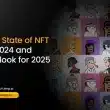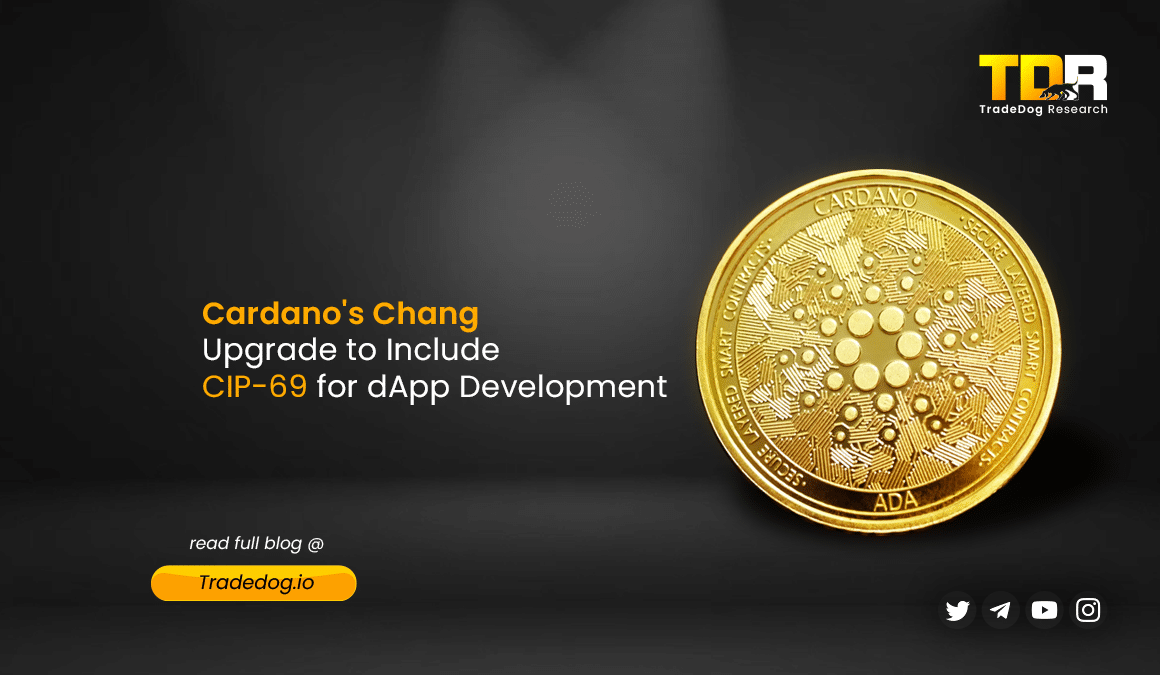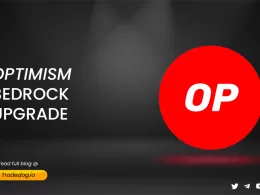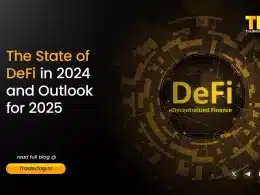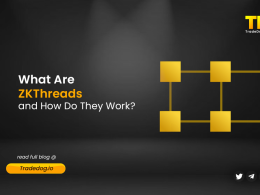Quick Links
Cardano, a blockchain platform known for its focus on security and scalability, is gearing up for its next major upgrade. Currently, Cardano sits at 11th position with the MCap of over $17Bn, following closely behind Bitcoin (BTC), Ethereum (ETH), Tether (USDT), BNB, and several others. This update, code named as Chang hard fork, will introduce several improvements, with CIP-69 being a particularly noteworthy one for developers building decentralized applications (dApps) on Cardano.
Understanding CIP-69
CIP-69, also known as Cardano Improvement Proposal 69, is a proposed change to the Plutus scripting language, which is used to develop smart contracts on the Cardano blockchain. The core aim of CIP-69 is to simplify the process of creating secure and efficient dApps by addressing a current limitation in the way validator scripts function.
The Mutual Dependency Issue
Charles Hoskinson, the founder of Cardano, acknowledged the strong community demand for CIP-69. Developers building on Cardano have faced challenges due to a concept called “mutual dependency.” This arises because two different validator scripts, responsible for confirming transactions, need to recognize each other’s hash (a unique identifier) to operate correctly. This dependency significantly restricts the design flexibility and overall security of DeFi protocols built on Cardano.
As stated on the Cardano developer forum, “One issue is two validators that need to identify each other’s hashes. This is a substantial barrier and limits our design space considerably.” Additionally, the current system necessitates extra checks on the frontend for tokens that can be minted at any time, increasing the system’s fragility.
How does CIP-69 solve the problem?
CIP-69 proposes a solution that unifies the way arguments are provided to all types of Plutus scripts. The proposed change allows a single validator script to handle multiple functionalities, including minting and spending tokens, without the complexities of the current design. By eliminating the mutual dependency issue, CIP-69 empowers developers to design more robust and secure dApps.
Benefits of CIP-69 for Cardano
The introduction of CIP-69 brings several advantages to the Cardano ecosystem:
- Enhanced Flexibility: Developers gain more freedom in designing dApps. They can create more intricate protocols without being constrained by the current limitations of validator scripts.
- Improved Security: A unified approach to validator arguments potentially strengthens the overall security of Cardano dApps. This fosters greater confidence among developers and users.
- Foundation for Future Advancements: CIP-69 is considered a crucial step towards achieving Cardano’s long-term goals. It lays the groundwork for further improvements in efficiency and scalability as the platform evolves.
Impact on Cardano Adoption
The successful implementation of CIP-69 is anticipated to have a positive impact on Cardano adoption. Here’s how:
- Attract More Developers: A more developer-friendly environment with CIP-69 could attract a wider pool of talent to build innovative dApps on Cardano.
- Expand DeFi Ecosystem: With the ability to create more complex and secure DeFi protocols, CIP-69 can potentially contribute to the growth of a vibrant DeFi ecosystem on Cardano.
- Increased User Interest: A flourishing dApp landscape can attract more users to the Cardano network, driving its overall growth and adoption.
Looking Ahead: CIP-69 and the Chang Hard Fork
While the exact date for the Chang hard fork containing CIP-69 remains undefined, it’s expected to occur sometime in the coming months. The introduction of CIP-69 might cause a slight delay in the hard fork implementation, as acknowledged by Charles Hoskinson.
However, the long-term benefits outweigh the short-term delay. CIP-69 signifies a significant step forward for Cardano, paving the way for a more robust and developer-centric blockchain platform. As the Cardano roadmap outlines, the upcoming “Voltaire” era of governance will empower the community to play a more active role in shaping the future of the network.




